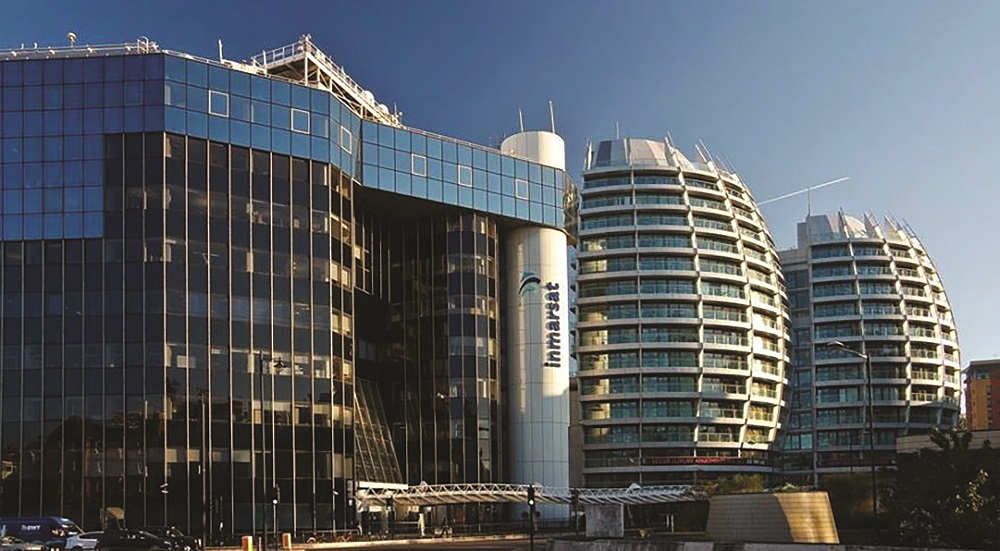TAMPA, Fla. — Inmarsat says it is still considering deploying a low Earth orbit (LEO) constellation of its own despite comments to the contrary by one of its executives this week.
Speaking Feb. 8 at the SmallSat Symposium in Mountain View, California, Inmarsat vice president of corporate development, Larry Paul, said the British satellite operator does not “have the balance sheet to build our own LEO network.”
“[B]ut quite frankly there’s no need to,” Paul said, because “there’s going be so much capacity in the market in a few years” from potential partners “and prices will be dropping.”
While Inmarsat “took a hard look at building our own, becoming a major investor in others,” he said “it just doesn’t make sense at this point” for the company to make that kind of investment.
He said Inmarsat “is going to partner with a LEO operator — maybe more than one.”
A spokesman for the company, however, told SpaceNews the next day that Inmarsat has not ruled out ordering LEO satellites for Orchestra, a proposed global mobile connectivity network combining terrestrial 5G with connectivity delivered from an ensemble of geostationary and non-geostationary orbiting satellites.
“Both partnering for or building the LEO dimension of that network have always been and continue to be options under consideration,” Inmarsat spokesperson Jonathan Sinnatt said Feb. 9 via email.
“Ultimately, the goal is to ensure the best possible solution for our partners and customers.”
It remains to be seen whether Viasat’s planned Inmarsat acquisition could deliver significant changes to the British operator’s business strategy.
Viasat operates a broadband network from GEO. Buying Inmarsat would give the Carlsbad, California-based operator a global distribution network for its increasingly international ambitions.
However, Viasat has historically sold its services directly to customers whereas Inmarsat has relied on a network of distributors, Deutsche Bank investment banker Pawel Skonieczka noted Feb. 8 on an earlier SmallSat Symposium panel. Skonieczka said “it will be interesting to see how those differences are resolved as the company integrates.”
Viasat’s acquisition of Inmarsat is subject to regulatory approvals that include clearance from the U.K.’s competition watchdog, which has a March 30 statuary deadline for making a decision on the deal.
Mark Dankberg, Viasat’s CEO, also outlined plans during a SmallSat Symposium keynote speech Feb. 8 to buy satellites at “standardized cubesat-type form factors” for providing services that include direct-to-smartphone connectivity.
